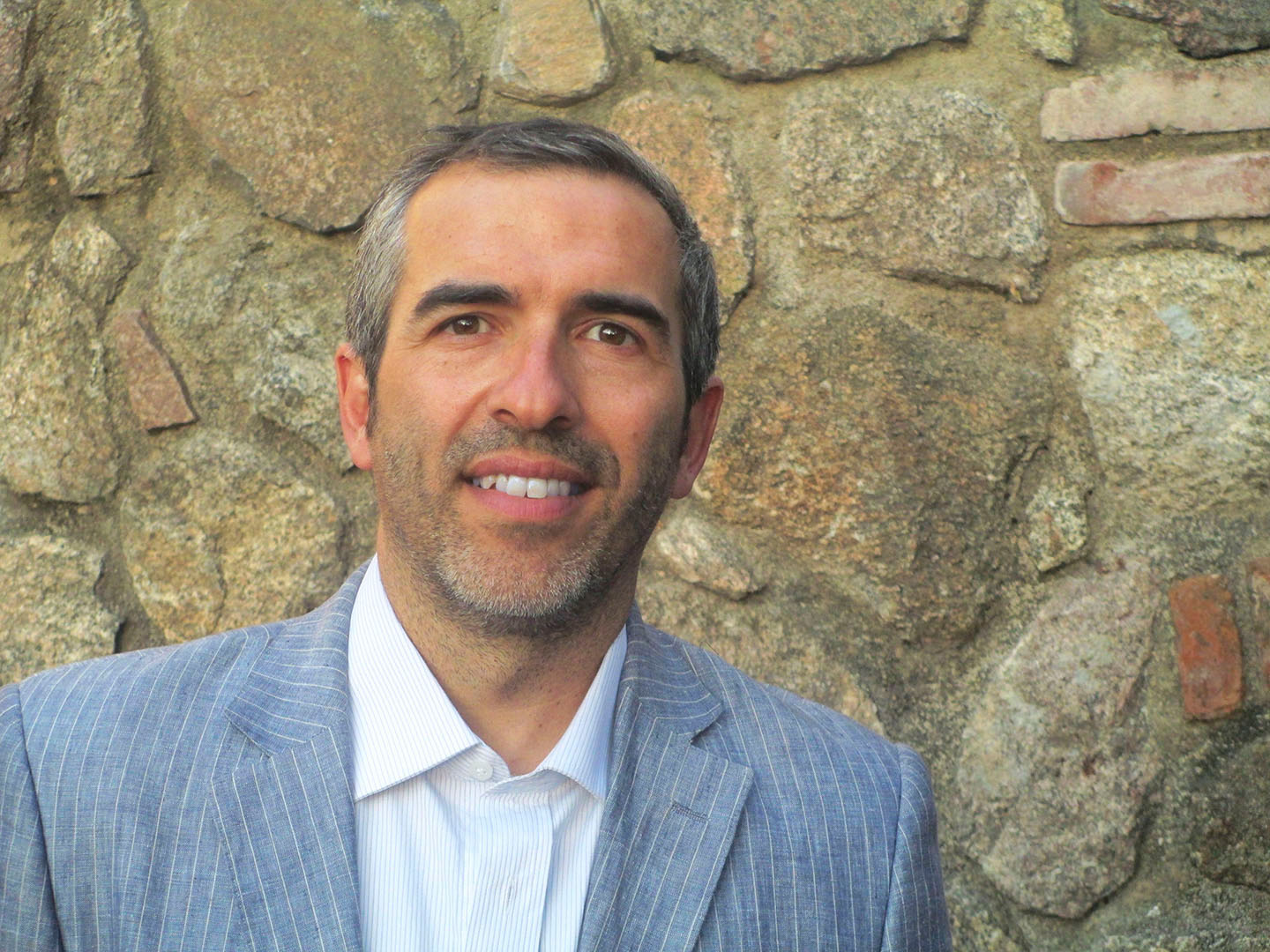He empowers the poor with technology.
In the same way that people take daily actions toward protecting the environment, Martin Maldonado ’09 believes they should do the same toward ending poverty. But some people just don’t see the value in it, an attitude Maldonado cannot understand. “How is it possible that all of us are not looking to alleviate the plight of the poor, to build a more inclusive world?” he asks. “How can people not care for other people in need?”
“This is a global planet where we all belong, and we deserve equal treatment.”
Maldonado, a native of Cordoba, Argentina, is devoted to studying poverty. He chose to pursue higher education in the United States for its sophisticated study of political science. UF’s prestigious comparative politics field, along with the top-ranking Center for Latin American Studies, motivated Maldonado to earn his PhD at UF. With the aid of a generous scholarship and fellowship, he and his wife moved to Gainesville in 2002, and Maldonado immediately found a new home. “The quality of the student’s life was perfect,” he says. “It also offered to me a very diverse theoretical spectrum.” There were liberals, conservatives, and everyone in between. There were faculty from around the globe. There were people of different religions. And they were all within Maldonado’s reach in the political science department.
His dissertation, which was awarded the James W. Button Memorial Award for research related to poverty, focused on the role of public housing for low-income families and the role of non-governmental organizations in helping those housing projects. He found that NGOs have their own interests that help, but sometimes hurt, the functioning of housing projects. Upon graduation, Maldonado says he was offered “very attractive” jobs and opportunities in the U.S., but chose to return to Argentina.
“It’s where my heart is,” he says. “I want my research to improve the quality of life of my people in my country.”
Having many lifelong friendships from his time in the political science department, Maldonado says that two of his professors have visited him in Argentina since he moved back. He is now a full-time researcher at the National Scientific and Technical Research Council (CONICET), which is the federal agency of Argentina aimed at funding scientific and technical activities in the country. Maldonado studies alternative and sustainable mechanisms that will help create social inclusion of the extremely poor.
But at work, he doesn’t sit in a lab or office all day. He uses a range of social scientific methods, including interviews, surveys, and focus groups. “Then, when I get the results, I go back to the people and they make sense of what they see,” he said. “They make their own interpretation of the data.”
In 2015, Maldonado was named an Early Career Social Science Fellow by the International Social Science Council. The ISSC’s mission “is to increase the production and use of social science knowledge to help solve global problems,” and it is the primary international NGO representing the social, economic, and behavioral sciences.
His degree, career, and accolades signify Maldonado’s passion for ending poverty. But to him, it’s almost inhumane not to be passionate about it. He cautions against viewing the poor as the sociological “other.”
“This is not ‘we’ — young, male, white, educated, upper-middle class— helping ‘them’ — the poor,” Maldonado says. “This is a global planet where we all belong to, and we deserve equal treatment.”
